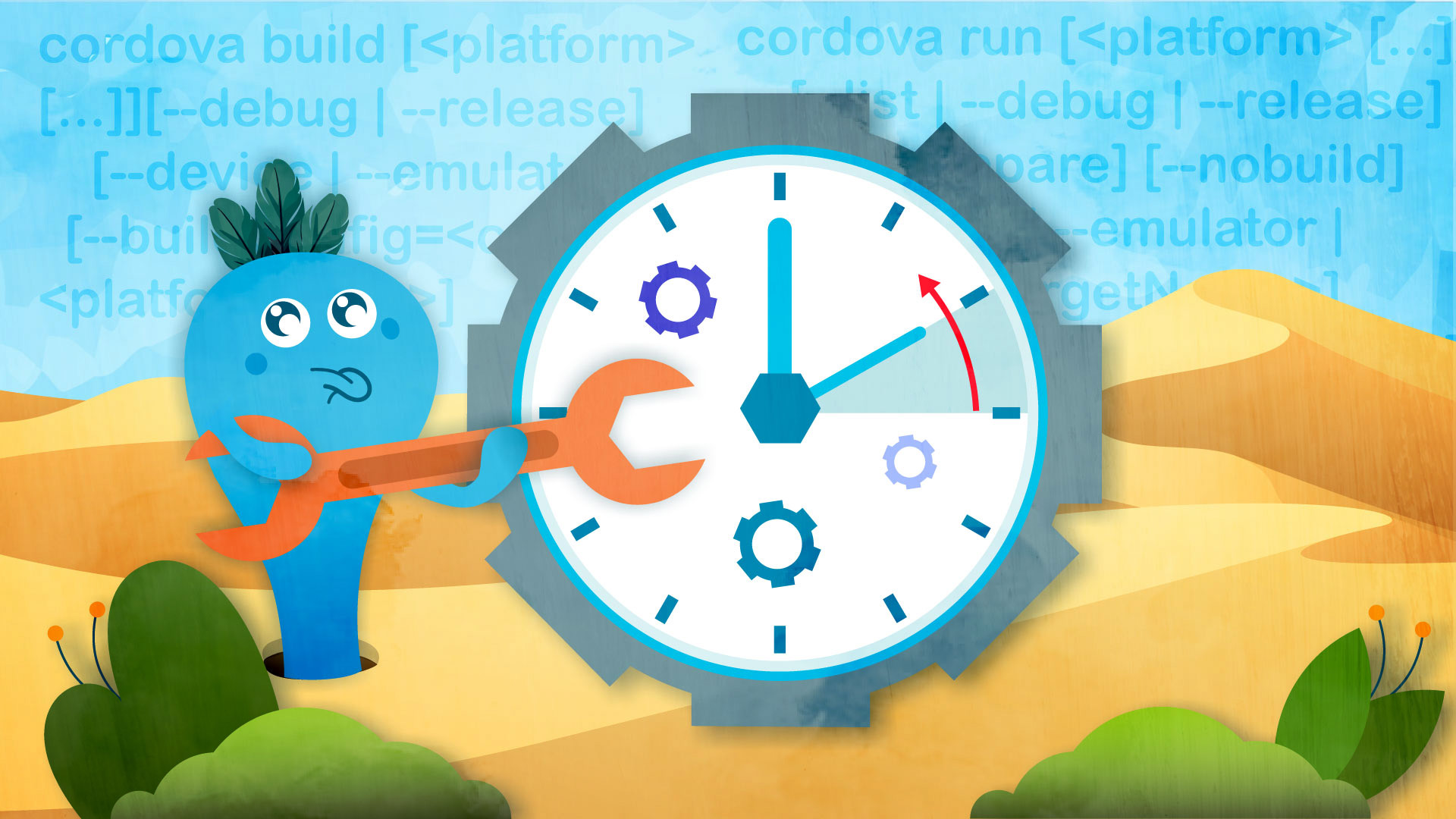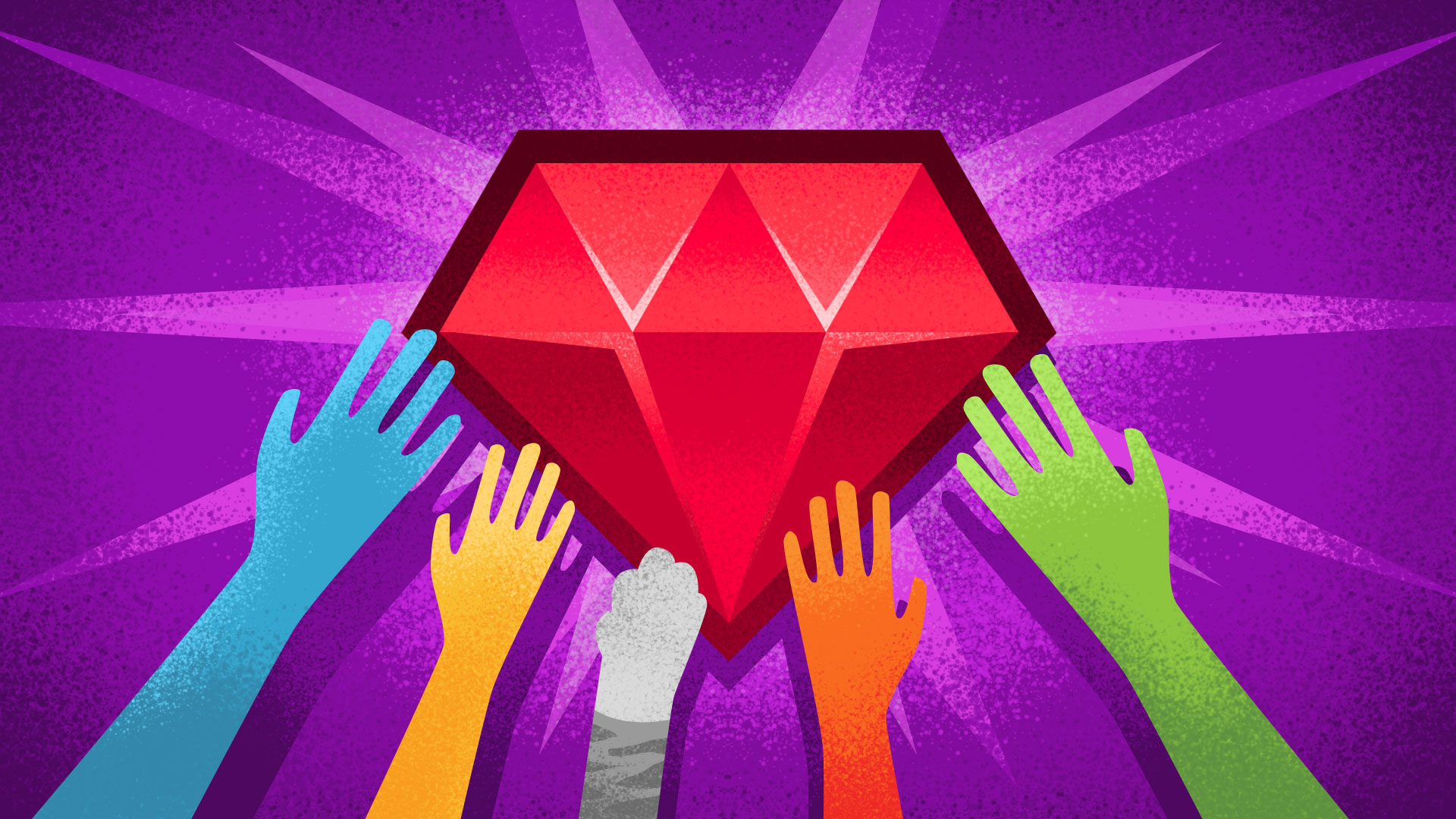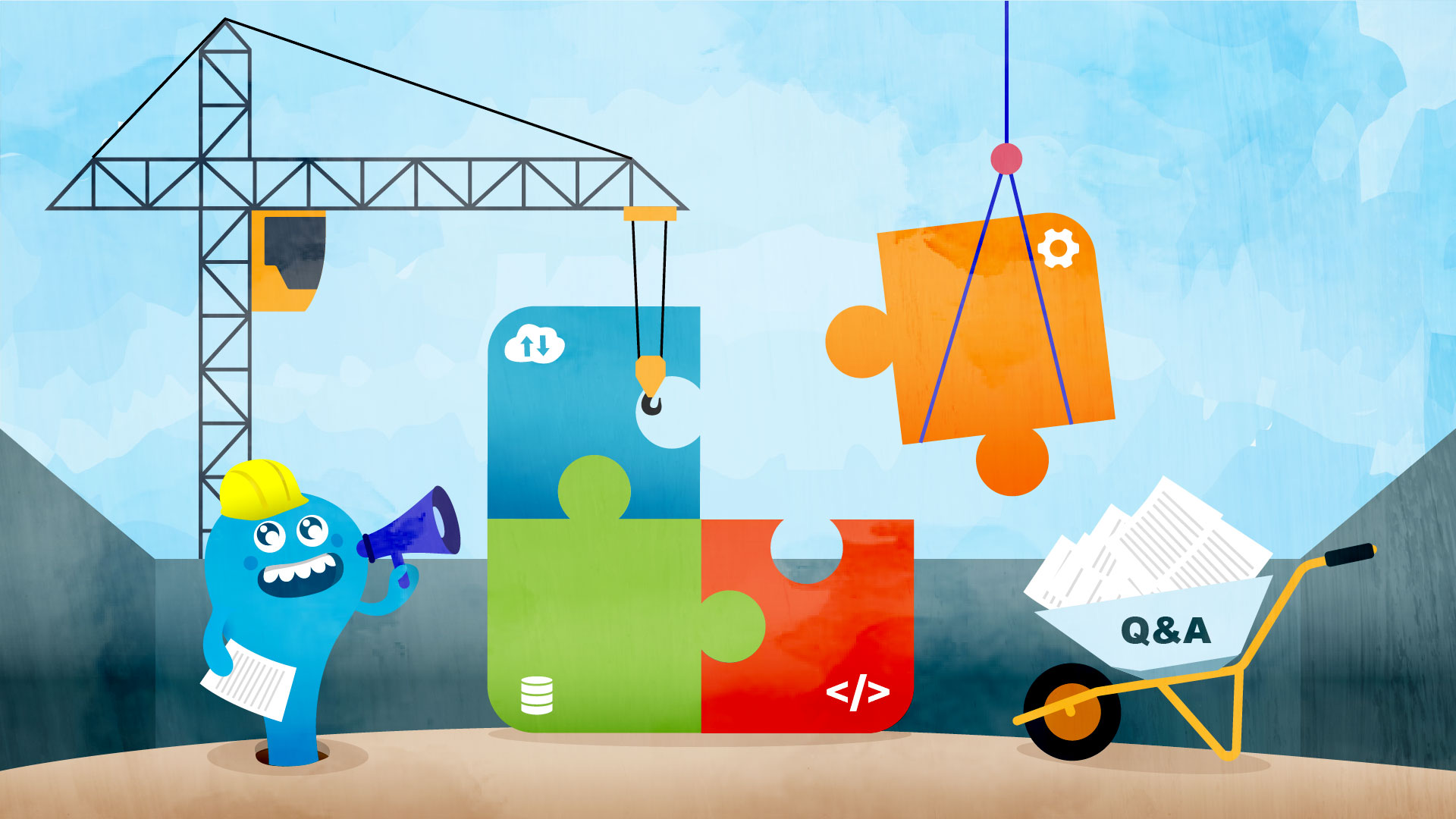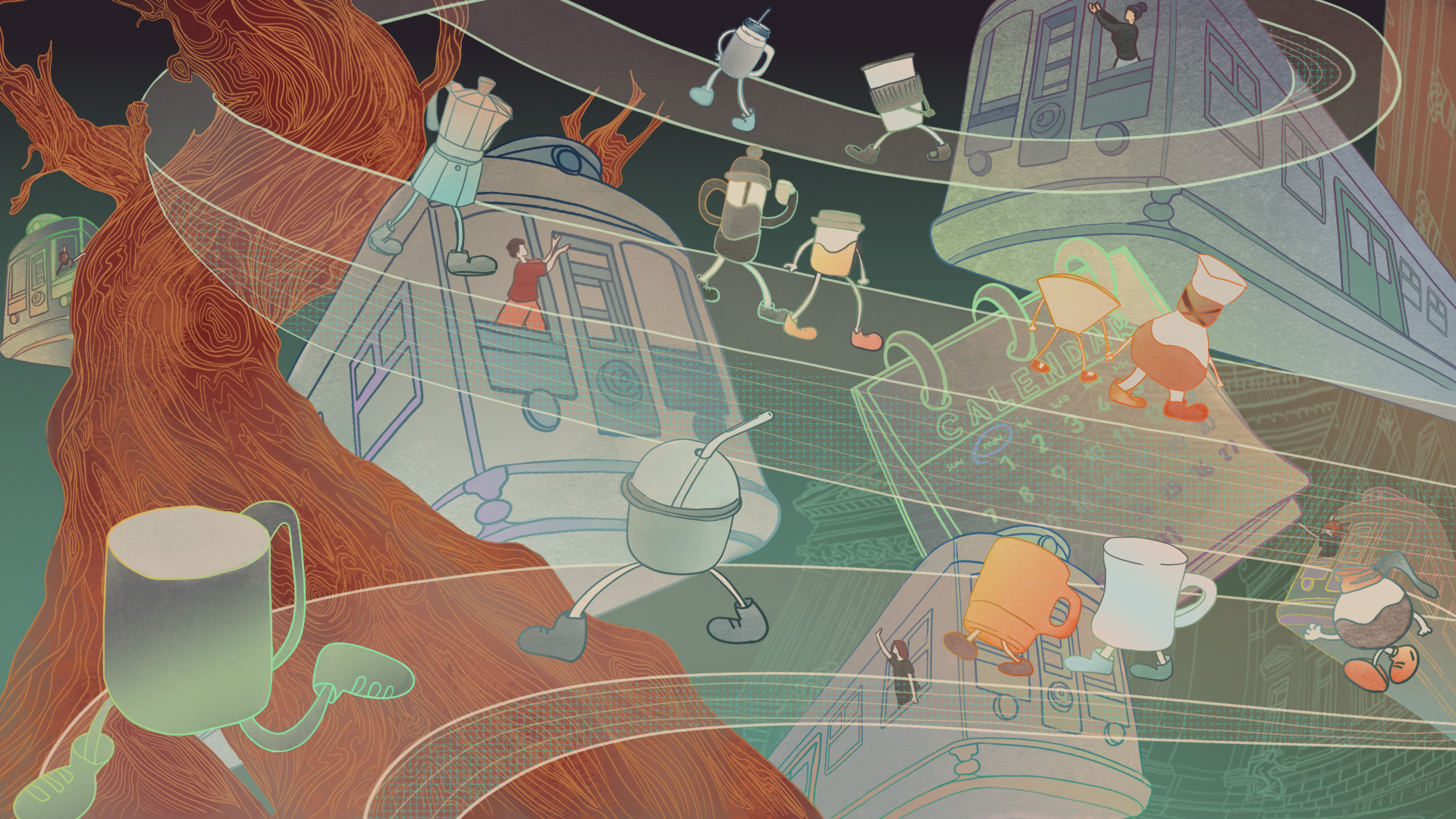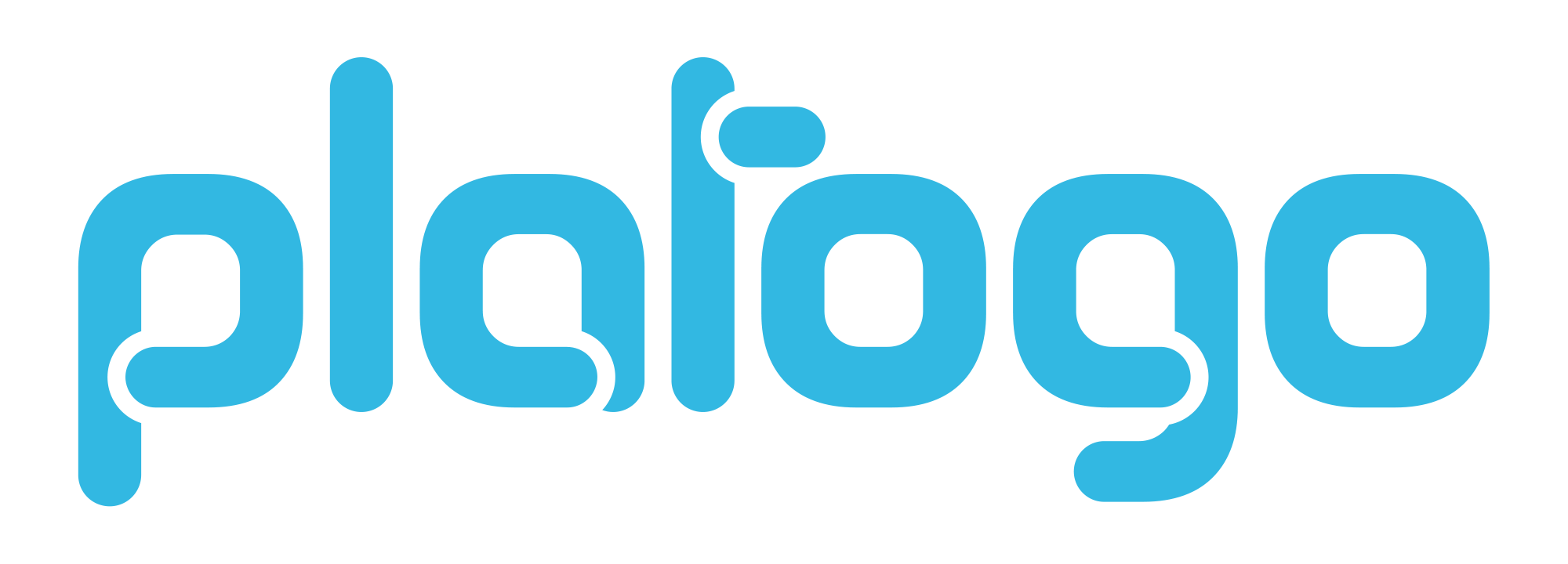The Meetup
This was the second meetup after a long break and developers were happy to gather together again. The room was filled with eager faces—some familiar, some new—all united by the same curiosity and desire to grow.
The main talk was “Balancing Quality and Speed of Testing with the Undercover Gem” presented by Jan Grodowski who shared his insight on test coverage and on good and bad testing strategies. He is the author of the Undercover gem and showed us how it works along with interesting stories behind it.
There were also three lightning talks about:
- “Building Beautiful UIs with Ruby: A Rails-native approach” by Seth Horsley, who showed us how to use RubyUI and Phlex as an alternative to build views in Ruby
- “Jujutsu: Will it replace Git?” by our good Anton Bangratz, who presented the key features of Jujutsu and the major differences with Git
- “Logical, Mr Matz: A Foray into Logic Programming in Ruby” by Johannes Daxböck, who talked about the fundamentals of logic programming through its most prominent language, Prolog.
What made this meetup even more interesting were the live demos with hands-on experience, allowing participants not to just passively learning, but to to see exactly how the concepts could be applied, something that is essential to developers.
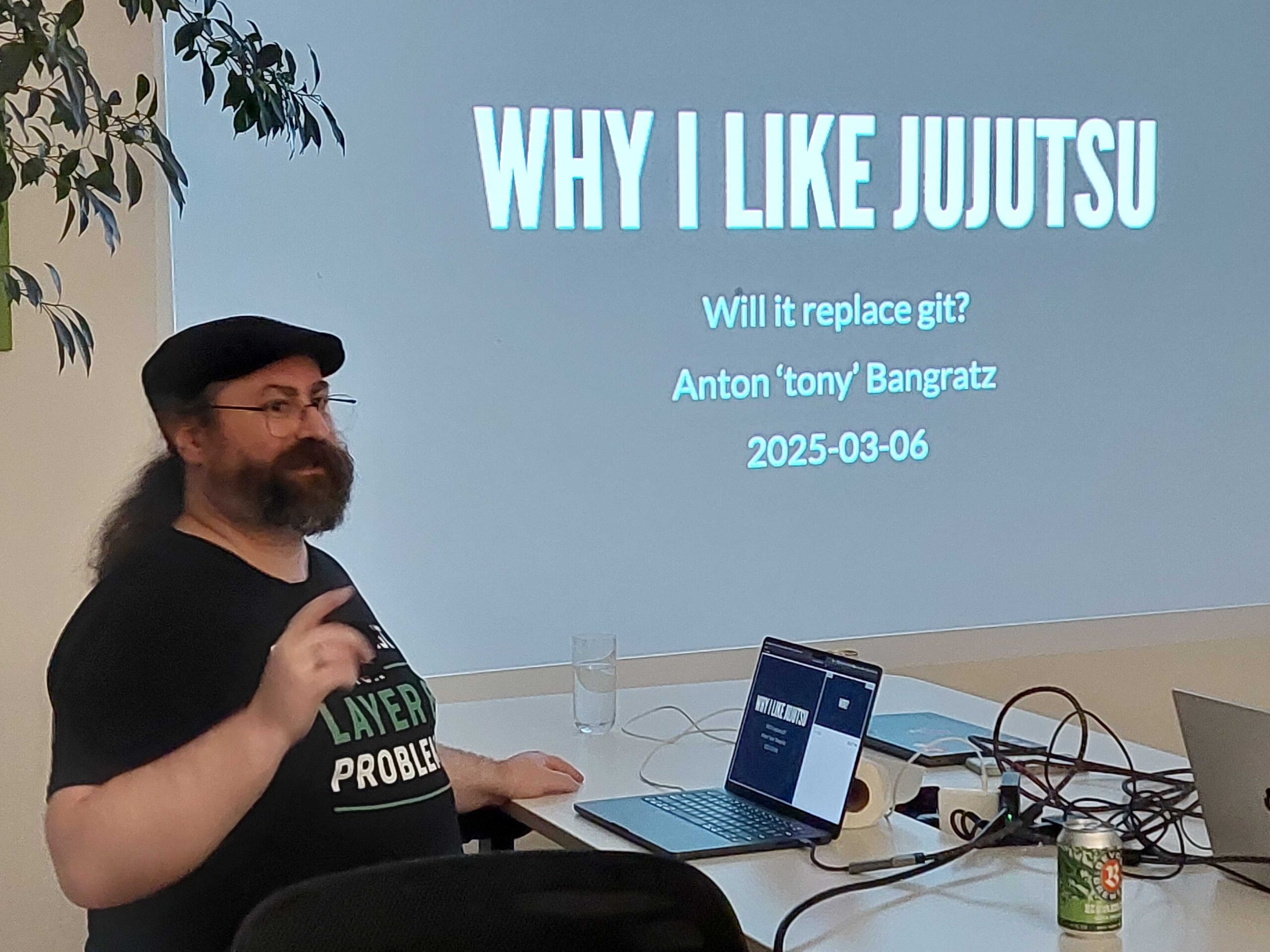
Contributing
The meetup was great, it let us to learn new things, we shared our knowledge and connected with other developers. But in order to make these things possible, we had to ask ourselves 3 fundamental questions:
💡 1. Why should we contribute?
In our company we already have experienced developers, who are willing to learn new things. We have dedicated Fridays to focus on self development, we have a strong company culture and multiple events that shape our sense of belonging and create good connections.
Why should we contribute to local communities if we are doing good on our own?
The answer is that, well, no man is an island.
We don’t thrive in isolation. Our success is tied to the well-being of those around us. By contributing to local communities, we create a ripple effect of positive change that benefits everyone. Helping others strengthens trust, fosters growth, and builds a future where success is shared, not just owned.
Contributing to local communities doesn’t just help externally; it also shapes a stronger internal company culture.
It drives organisational clarity, helping define values and attracting talent who align with them.
It boosts internal engagement by providing employees with opportunities to contribute to community-focused initiatives.
And it strengthens collaboration, creating bridges and promoting knowledge sharing between internal teams and external groups.

💡 2. How to contribute to a community?
But contribution to communities shouldn’t be seen as a marketing/growth function.
To truly contribute, we must approach communities with authenticity, understanding, and purpose, because we really believe in those values.
It starts with creating spaces for connection—we provided a location where people could come together, the speakers could give their talks and of course have drinks and food. Contribution also thrives through sharing knowledge and skills, like Tony’s engaging session on Jujutsu, fostering meaningful exchanges.
Meanwhile, Peter shared that we were hiring, opening doors for new opportunities and collaboration that happened right after the meetup.
And it can happen in infinite different forms: sharing knowledge, solving a problem, lending a hand, or simply being present in a meaningful way. It’s the sum of these small, meaningful contributions that truly make it all happen, building something far greater than the sum of its parts.
And finally we can answer the most important question:
💡 3. What does it mean to contribute?
This quote beautifully captures the essence of contribution.
To contribute means something more then what you can get from it. It means even more then offering your time, skills, or resources.
It’s not just what you get, or what you give.
Contribution turns sharing into purpose.
Links:
https://medium.com/@austin_32493/building-developer-communities-my-journey-as-a-community-professional-part-1-145f701b1769
https://corinneriley.medium.com/community-led-growth-the-product-led-growth-expansion-pack-b474ab9a7940
https://briansolis.com/2014/12/community-much-belonging-something-something-together-makes-belonging-matter/
If you are interested in upcoming Ruby meetups, you can find more details here.
by Alessia Ragni

